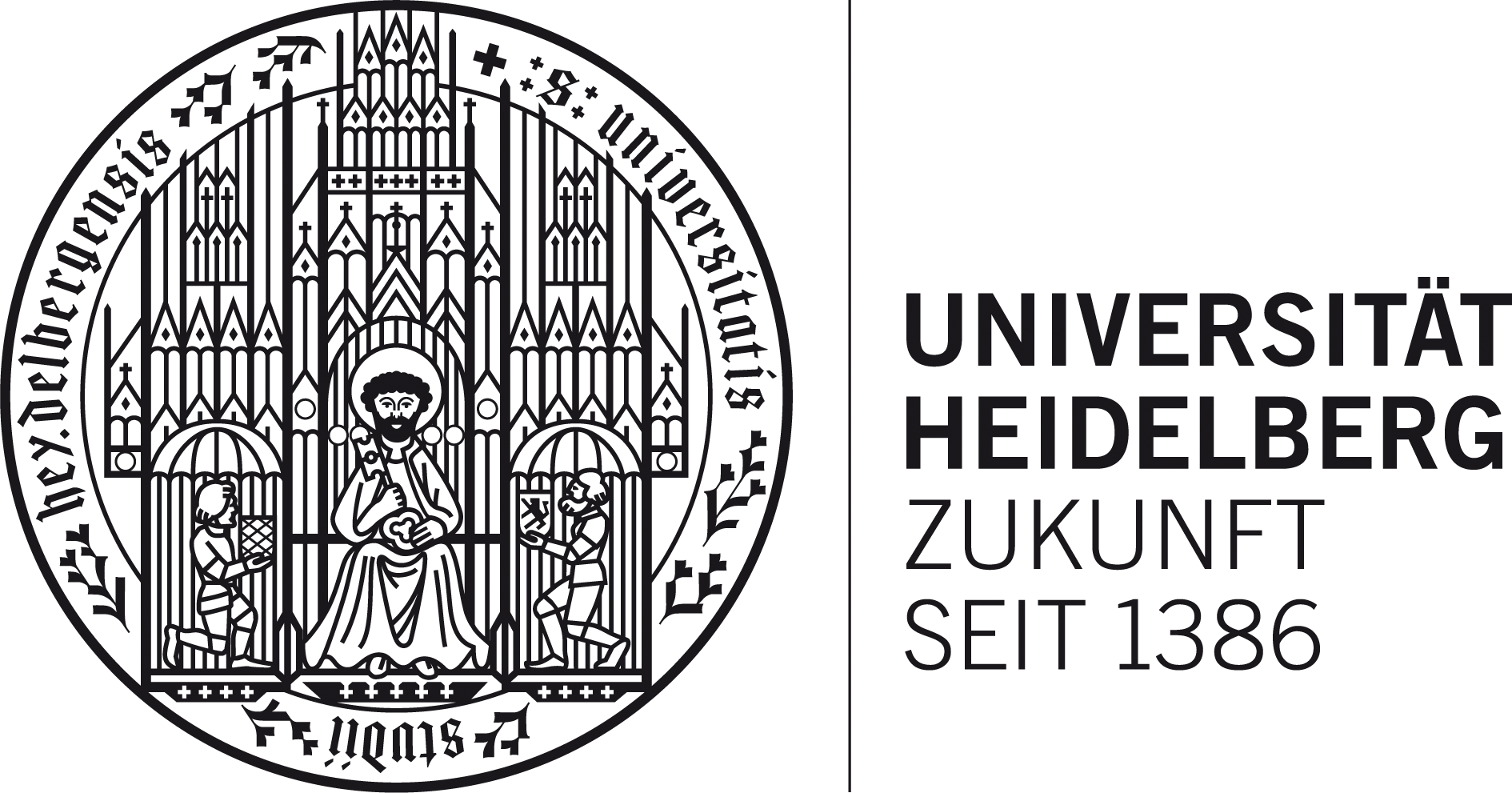PhD Positions
A1 PhD Topic: Adaptable Drive Concepts for Assistive Systems
Short description
This area deals with the design and topology optimization of the drives for assistive systems. By varying working principles of the actuators, considering multi-joint couplings and redundant load paths, a drivetrain concept should be identified that fulfills both technical and user-specific requirements in the best way.
The PhD candidate will perform research to identify suitable drive topologies for assistive systems, set up an optimization environment and exchange with the other project areas to include relevant user-specific requirements.
Profile and qualification requirements
- Excellent Master's in mechanical engineering, electrical engineering, mechatronics or related technical fields
- Knowledge and interest in drivetrain technology and modeling techniques of mechatronic systems
- Knowledge of simulation tools (e.g. Matlab & Simulink) and optimization methods
- Openness and interest in interdisciplinary cooperation both in the technical field and with human sciences
- Good English language skills
PIs and Co-PIs
Stephan Rinderknecht (PI), André Seyfarth, Joachim Vogt
A2 PhD Topic: Novel functional materials for sensors and actuators for assistive systems
Short description
Development and characterization of novel functional magnetic materials for sensors and actuators for locomotion assistive systems. Specific applications in assistive systems are translated into the required materials attributes. Magnetorheological elastomers and ferromagnetic shape memory alloys will be developed and optimized for new prosthetic functionalities and applications responding to and supporting the user´s intentions.
The PhD student will perform research in stimuli-responsive magnetic materials, their advanced synthesis, characterization and modelling, including magnetic composites and 3D printing, explore soft magnetic robotics, with the project partners.
Profile and qualification requirements
- Very good Master's degree in the fields of materials science, physics or materials engineering
- Strong interest in interdisciplinary work, in magnetic materials and their applications
- Ability to work independently as well as within a team
- Good knowledge of written and spoken English and at least basic knowledge of German
PI and Co-PIs
Oliver Gutfleisch (PI), Mario Kupnik, Oskar von Stryk, Stephan Rinderknecht
A3 PhD Topic: Evaluation, design and integration of sensors in lower limb prosthetics and orthotics for identifying the movement intention of users
Short description
The key goal is sensor fusion and robust measurements compared to state-of-research solutions and to deliver real world data for machine learning approaches. In addition, regular measurements in lab experiments will be performed together with other PhD students in an interdisciplinary manner.
The PhD student will perform research in sensor principles, measurement of movement intention, sensor fusion, sensor integration, cohort trials in a motion lab to test hardware.
Profile and qualification requirements
Outstanding Master's degree in the fields of electrical engineering with a strong focus on robotics, sensors, actuators, ferroelectric and ferromagnetic materials, and human-machine interaction. Further, deep knowledge in electronics, microcontrollers, electromagnetic compatibility, sensor signal processing are required. Good programming skills and experiences in ROS, Matlab, Phyton, Java, LabView and CAD systems for realizing and modifying mechatronic systems is required. Further, experience in performing statistics for human-based trials in the related field of the GRK. Good knowledge of written and spoken English and basic knowledge in German is expected
PI and Co-PIs
Mario Kupnik (PI), Oliver Gutfleisch (Co-PI), Philipp Beckerle (Co-PI)
